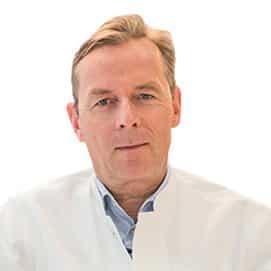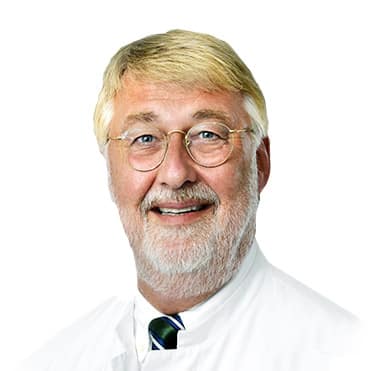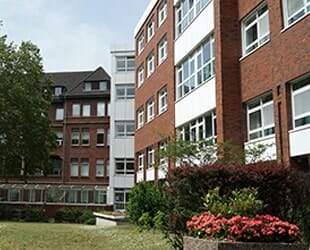Testicular cancer is a malignant disease that begins in one of the testicles and, during its course, can spread to the epididymis and vas deferens.
Most patients with testicular cancer can make a full recovery. The testicles contain different types of cells that can develop into cancer. Approximately 90% of all malignant testicular tumors originate from germ cells. Germ cell tumors are divided into 2 main groups, occurring with approximately the same frequency, seminoma and non-seminoma. Nonsemiomas can create different types of tissue (fetal cancer, teratomas, yolk sac tumors, choriocarcinomas, and parts of seminomas). In addition, rare tumors from testosterone-producing cells and cells of the interstitial tissue of the testicles are possible, these are tumors from Leydig cells and tumors from Sertoli cells. Also in the testicles, metastases of tumors of other organs are possible.
It is possible to accurately determine the type of tumor only with a histological examination of tissues. From which cells the tumor was formed, it is important to know for treatment and prognosis. In 95% cases, testicular cancer occurs in men in only one of the testicles. If the disease originated from part of the testicular tissue outside the testicles themselves, then they speak of an extragonadal tumor. Testicular cancer occurs in 1.6% cases of all cancers, thus being a rare tumor. According to the Robert Koch Institute, approximately 4,000 men develop testicular cancer each year. For comparison: colon cancer - about 35,400 men a year, lung cancer - about 34,000. Despite the fact that testicular cancer is rare, it matters, because. It primarily affects young men between the ages of 20 and 40. In this age group, testicular cancer accounts for 20 to 30% of all cancers, and is the most common tumor in men. Younger or older men may also get sick less frequently. The median age of men with testicular cancer is 28 or 35 for patients who develop non-seminoma or seminoma.
In the early stages of testicular cancer, recovery can almost always be achieved. Actually, even at advanced stages there is a good chance of recovery. More than 90% affected men will be healthy again and be able to continue working. Testicular tumor is an extremely rare cause of death.
Video
Request appointment
Useful links
Photo gallery








